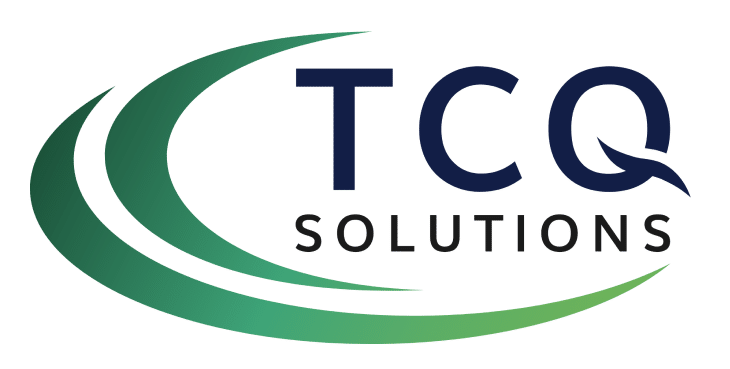
Tech Bulletin Page One



Establishing a Compelling Sustainable Competitive Advantage
Compelling – drives action
Sustainable – can be scalable – Key for next buyer…
Competitive Advantage – Leverage for growth if it can be scaled and drives action
Shorter is better! – The shorter the statement of a compelling advantage the more likely the response
The Process of Alignment to Achieve the BHAG by TCQ Solutions empowers departments to define success, establish clear leading/lagging indicators, and track progress through weekly and monthly scorecards. By fostering collaboration through clarified needs, mutual support, and interdepartmental social contracts, this proprietary process creates a cohesive framework for achieving shared goals.
The Moments of Consequence Model by TCQ Solutions transforms employee pain points and dissatisfaction into opportunities for growth and resilience. This proprietary process guides individuals in defining their ideal outcomes, identifying their influence on the situation, and creating positive response cycles that drive personal and professional development while fostering a culture of strength and adaptability.
Successfully selling a company requires the collaboration of a skilled, dedicated team. Together, these professionals provide the expertise and support needed to navigate complexities, avoid pitfalls, and achieve a favorable outcome. By assembling the right team, owners can approach the sale with confidence, maximizing value and securing a successful closing.
Business brokers are vital to the success of selling a company, offering invaluable expertise and support. Their ability to manage the complexities of the sale process allows business owners to achieve their goals with confidence and maximize their company’s value. If you are looking to sale or just curious about what your current enterprise value might be in a transaction reach out to us at TCQ Solutions, www.tcqsolutions.net